The Nightmare of Perfection: Wrestling Dreams and Documentary Pressure
Embrace the nerves, pressure of perfection and the fear of vulnerability.
This substack post is about how recurring nightmares about failures in wrestling and filmmaking seem to reflect the pressure of perfection and the fear of vulnerability I may or may not have.
Every professional wrestler has their worst nightmare—literally. It’s a recurring dream that haunts us: listening to the crowd from behind the curtain, ready to walk out to either be cheered or booed, and when you finally do walk through the curtain you look down and realise you’re either completely naked or standing there in your underpants as everyone stares at you in disbelief. Right now you’re probably thinking “wait? don’t you wrestle in your underpants anyway?”
The answer is no, we have wrestling gear or “costumes” and there is not a professional wrestler on earth who hasn’t had this dream! I will put money on that.
The only time I ever came close was once in 2017 when I was on my way to Korakuen Hall for a match and I left my bag on the rack above where I was sitting on the Tokyo Metro subway train. I was only three stations away from Suidobashi station where Korakuen Hall is and as soon as the doors closed after I got off, my heart sunk.
I watched my bag ride off to the next station still on the rack. Thankfully, this is Japan and I went to the station attendant and he immediately notified the station at the end of the train line and my bag was waiting for me there. I had to go to the last train station on the line and sign for the bag, which made me 30 minutes late for the show, but that is a lot better than wrestling with no costume! I told one of the senior wrestlers, superstar Naomichi Marufuji, and he laughed. All wrestlers get it. He told all the fans after his match in the main event when he grabbed the mic to thank them all for coming. It was an embarrassing moment for me but everyone laughed it off. Just don’t do it again.

For those of us who’ve lived and breathed the profession, this dream is more than a surreal embarrassment. It’s a window into something deeper: the fear of being unprepared, of failing to meet the high expectations we place on ourselves or by our peers.
I had a similar dream recently, but it wasn’t about wrestling. This time, I was shooting and directing a documentary about one of the biggest boxing stars of all time—Naoya Inoue. Inoue is in my opinion the best pound-for-pound boxer in the world, has won titles in four different weight classes and held the undisputed bantamweight championship before moving up in weight and winning the undisputed championship again. Instead of delivering on my vision for a documentary about “The Monster”, in my dream I kept fumbling the camera and that dreaded moment when the crew looks at you and wonders why you are messing up. I am one of those documentary directors who likes to shoot their own stuff too, and in my dream my hands shook. Every shot felt wrong. The camera—something I’ve somewhat become good at over years, at least my Sony ones that I feel comfortable with—suddenly became foreign to me. I’ve filmed Naoya many times over the years and always do the TopRank videos when he’s fighting so it was indeed a strange dream to have. Here is one video I did last month.
So, what do these dreams mean? Are they simply the product of nerves? Or is there something deeper, some pursuit of perfection inside us that manifests as anxiety in our most vulnerable moments?
As a wrestler, filmmaker, and martial artist, I’ve spent my life working in arenas where precision and performance are everything. The karate kata had to be perfect, the kickboxing had to be spot on or you’d get knocked out. I couldn’t do Aikido that didn’t have a meaning to the technique ie. no dance bullshido that the art is known for. My current catch-as-catch-can wrestling coach is the biggest perfectionist I have ever met and his teacher was even more so, known for the famous saying “do it again!” until you get it right. Even my one year spent at Bank of America Merrill Lynch from 2010-2011, the most miserable job I’ve ever had in my life, was one of always trying to never fail. The easy way around it for most is to sit on the fence and never say yes or no when asked a question, but I could never do that. If you’ve worked in a Japanese work environment, you know.
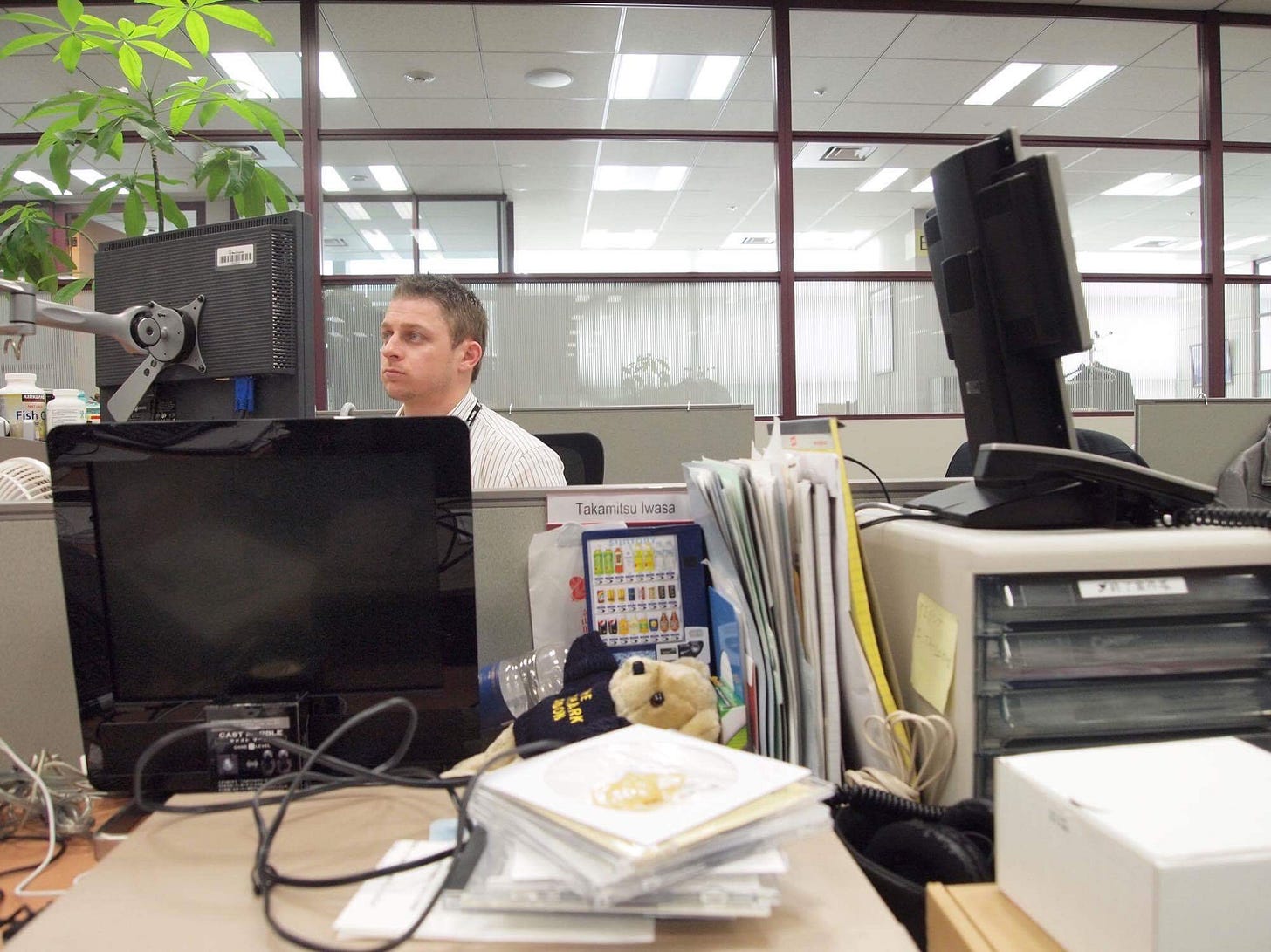
A botched move in the ring can lead to injury. A poorly executed movie scene can ruin a story. A single mistake in martial arts can leave you open to defeat. The stakes are always high, and the pressure to be flawless is constant.
But these dreams remind me that perfection is elusive. The truth is, the pursuit of it—whether in wrestling, filmmaking, or life—is often what drives us forward. Yet it’s also what keeps us awake at night, questioning whether we’re good enough. Considered by many to be among the greatest coaches and leaders in American sports, Vince Lombardi said it best:
“We will be relentless in our pursuit for perfection. We won’t ever be perfect – but in the process we will achieve greatness.”
— Vince Lombardi
I think the fear stems from vulnerability and responsibility. Wrestling in front of thousands of fans or directing a massive film (my current number 1 goal) puts you on display, exposing every weakness with no hiding and no do-over—you’re out there, raw and real. At the same time, when you care deeply about something, whether it’s entertaining an audience or telling a meaningful story, the weight of that responsibility can be overwhelming. You feel a profound need to deliver, not just for yourself but for everyone counting on you.
The pursuit of perfection is a double-edged sword. It pushes us to be better, to refine our craft, to keep growing. But it can also paralyze us with fear when we imagine what failure might look like.
So how do we deal with it? For me, it’s about accepting that perfection isn’t the goal—excellence is. You’ll fumble the camera. You’ll forget a wrestling move. You’ll make mistakes. In fact I made one MASSIVE mistake during my wrestling comeback match in July 2024 at Korakuen Hall and because of it, I still haven’t been able to watch the match back. Actually, not a single person in the crowd realised I had fucked up because I covered it brilliantly, but my peers knew about it and that sucks. In the old days of wrestling, this was normal and we’d have been patted on the back for the on-the-fly fix, but in the modern era where professional wrestling is more about the stunt show and less about wrestling, it was highly embarrassing. However, these moments don’t define you. What matters is how you recover, how you learn, and how you keep showing up.
Maybe those dreams aren’t nightmares after all. Maybe they’re reminders that, deep down, we care so much about what we do that the thought of failing terrifies us. And that’s a good thing. It means we’re still passionate. It means we’re alive.
So, the next time I walk through the curtain—whether it’s into a wrestling ring, a film set, or any new challenge—I’ll embrace the butterfly nerves (my 6th grade elementary school teacher said these are “good nerves” right before I went out and won the 200m sprint at school). Because they’re proof that I’m still chasing something worth fighting for.
Rionne McAvoy is the director of the award-winning documentary The One's Left Behind: The Plight of Single Mothers in Japan, showcasing his dedication to addressing pressing social issues. A committed documentary filmmaker and professional wrestler, he explores critical themes with passion and insight. Additionally, he has a keen interest in post-World War II Japan, particularly the intricate connections between politicians and gangsters during that era. Known in the wrestling ring as Rionne Fujiwara, he brings the same determination and storytelling prowess from his wrestling persona to his filmmaking endeavors.




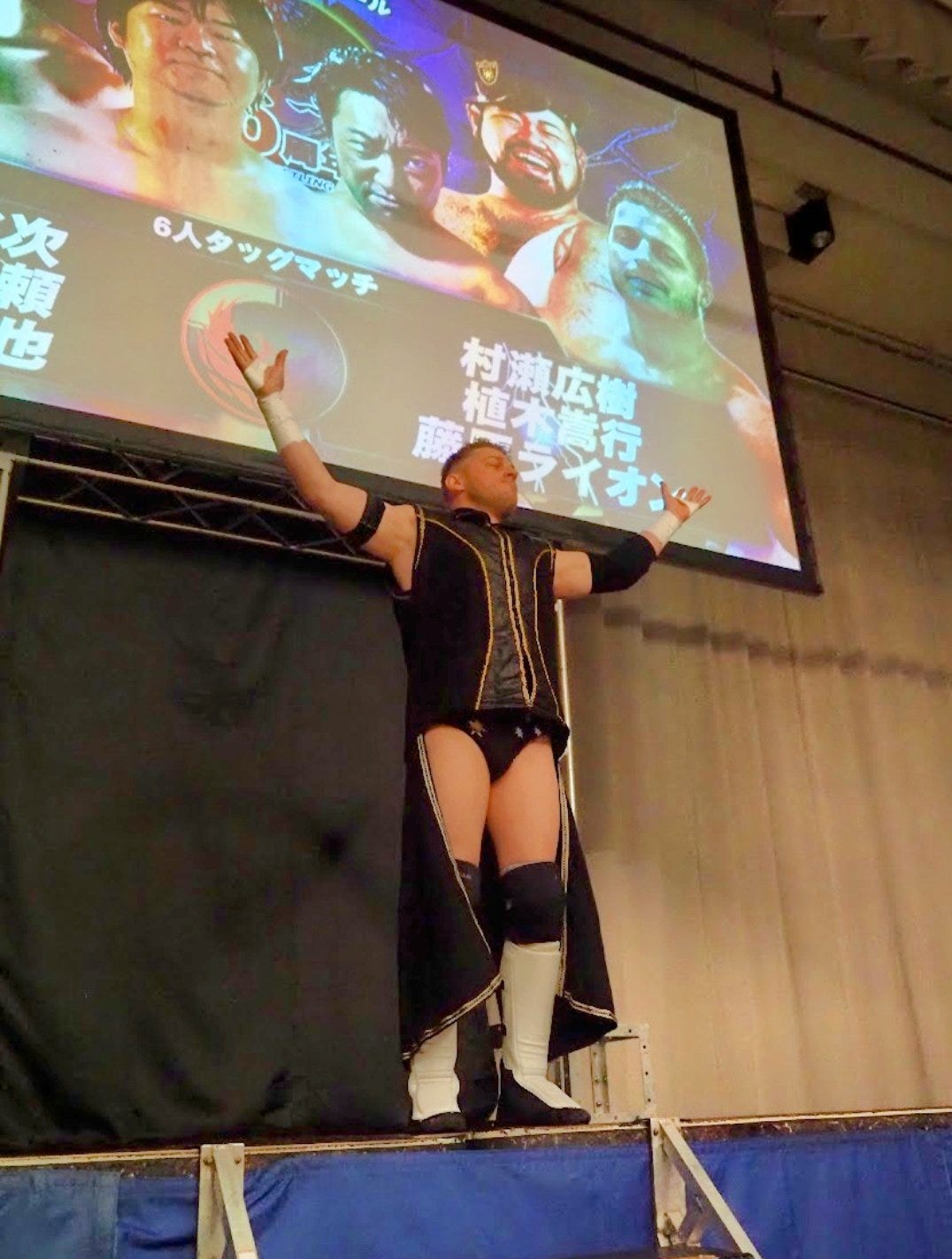
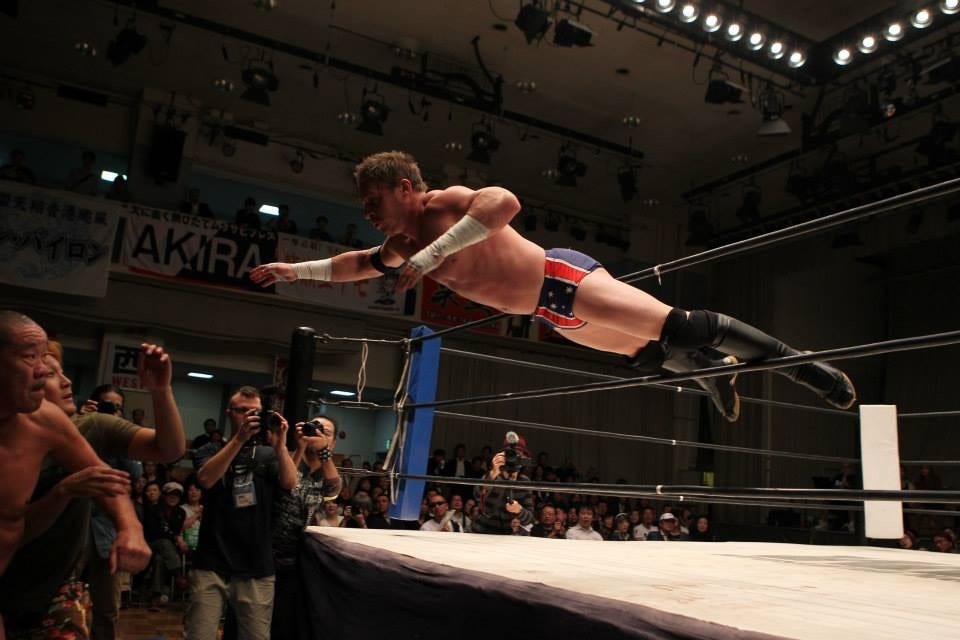
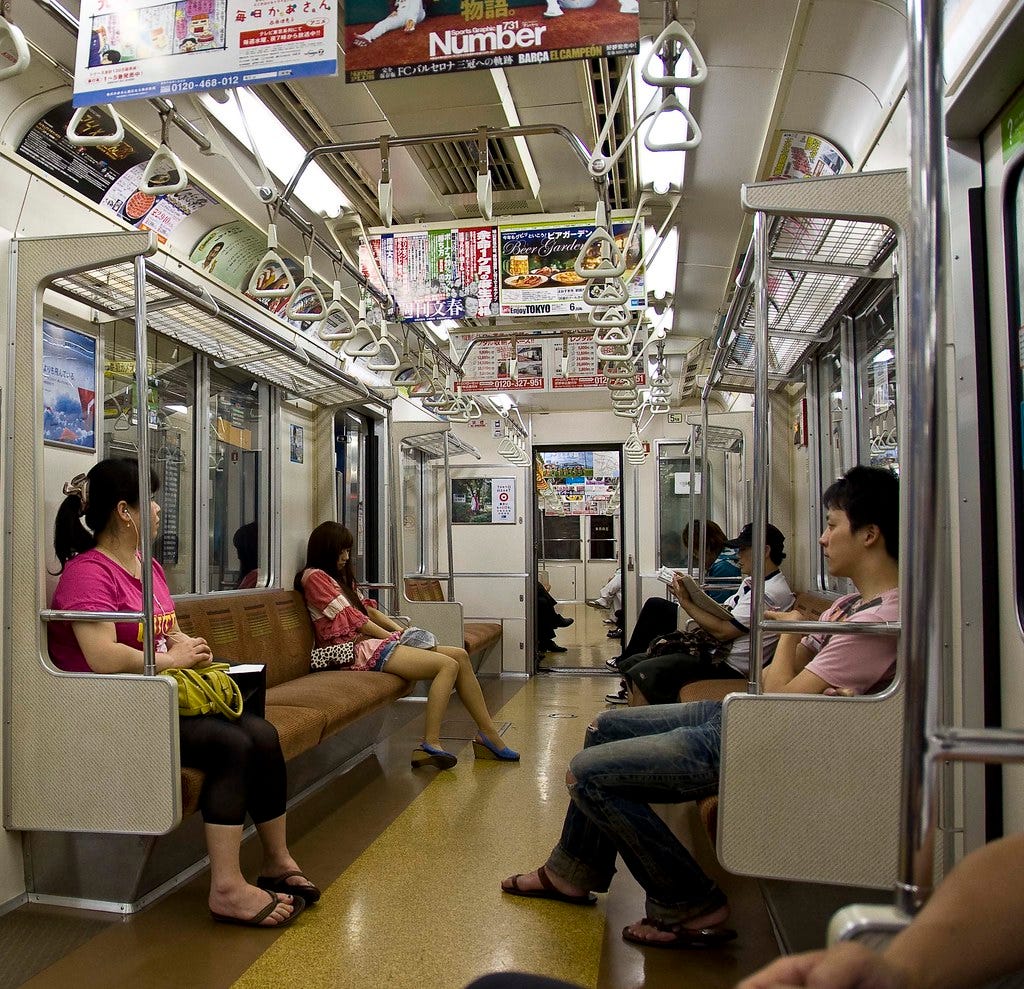

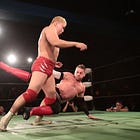
Aristotle said “happiness is the pursuit of excellence in a worthwhile goal.”
Nice work Rionne
Do I see the makings of a memoir here?